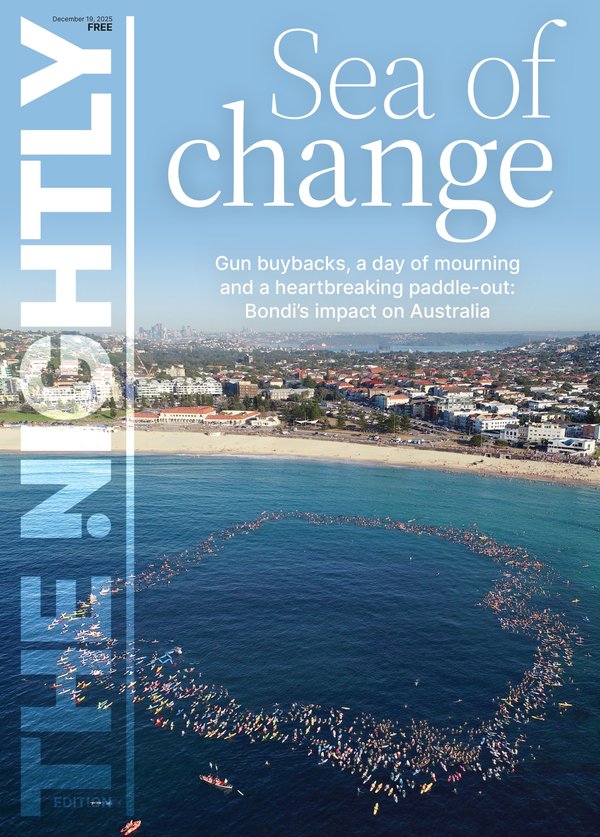EDITORIAL: Tech giants must stop the spread of online extremism

To hear his classmates speak of him, Perth’s 16-year-old jihadist was a pretty normal kid. A good one, even.
One of his Year 11 cohort at Rossmoyne Senior High School said he was a ”kind” and “genuine” person. “One of us” is how she described him.
A parent of children at the school said the boy was a “good child”, and helpful to others.
Sign up to The Nightly's newsletters.
Get the first look at the digital newspaper, curated daily stories and breaking headlines delivered to your inbox.
By continuing you agree to our Terms and Privacy Policy.So how did this Meccano-loving teen end up being shot dead by police in a Bunnings car park after having stabbed a stranger in the back and vowing to hurt more?
The boy came to the attention of police two years ago for his unhealthy obsession with online extremism. He was one of just a handful of West Australian under-18s taking part in a de-radicalisation program.
Parents at his school had raised the alarm previously, worried about what they believed was a group of boys trying to indoctrinate other students into violent Islamist ideology.
And still, despite all the forewarning and efforts of experts, it all ended in tragedy.
In a final text message sent out shortly before his act of violence, the boy claimed to be a “soldier of the mujahideen of al-qaeda”.
The incident in Perth calls to mind a similar recent home-grown terror attack, also allegedly perpetrated by a 16-year-old boy. Police say that child — who is also believed to have been radicalised online — stabbed Orthodox Christian leader Bishop Mar Mari Emmanuel multiple times mid-sermon at his church in Wakeley in Sydney’s west last month, just days after six people were killed in a stabbing attack at Bondi Junction.
Islamic extremism may have been what drew these boys in, but it could have easily been any number of ideologies.
Misogyny, racism, COVID conspiracies, anti-Semitism and dangerous far-right extremism all thrive in the fetid corners of the internet, threatening to corrupt the minds of the weak and the vulnerable.
Extremist Christian ideology and a host of conspiracy theories were what warped the minds of Wieambilla brothers Gareth and Nathaniel Train and Gareth’s wife Stacey, leading them to murder Queensland police officers Matthew Arnold and Rachel McCrow and their neighbour Alan Dare in December 2022.
It is extremism in all forms that is the enemy.
And we must unite to counter it.
Law enforcement agencies have an important role to play in identifying those in danger of falling under the thrall of online extremists and becoming ensnared in these sinister webs.
Schools, parents and sporting clubs too can keep an eye on vulnerable children and foster socially cohesive environments.
But as any parent will tell you, it is virtually impossible to monitor what a young person is accessing online.
It’s on social media platforms that these children are often first encountering these dangerous ideologies. And once kids interact with that content — possibly out of nothing more than a childlike curiosity — their algorithms push more and more upon them.
The onus must fall on the tech giants to stop the spread of these hateful doctrines.
